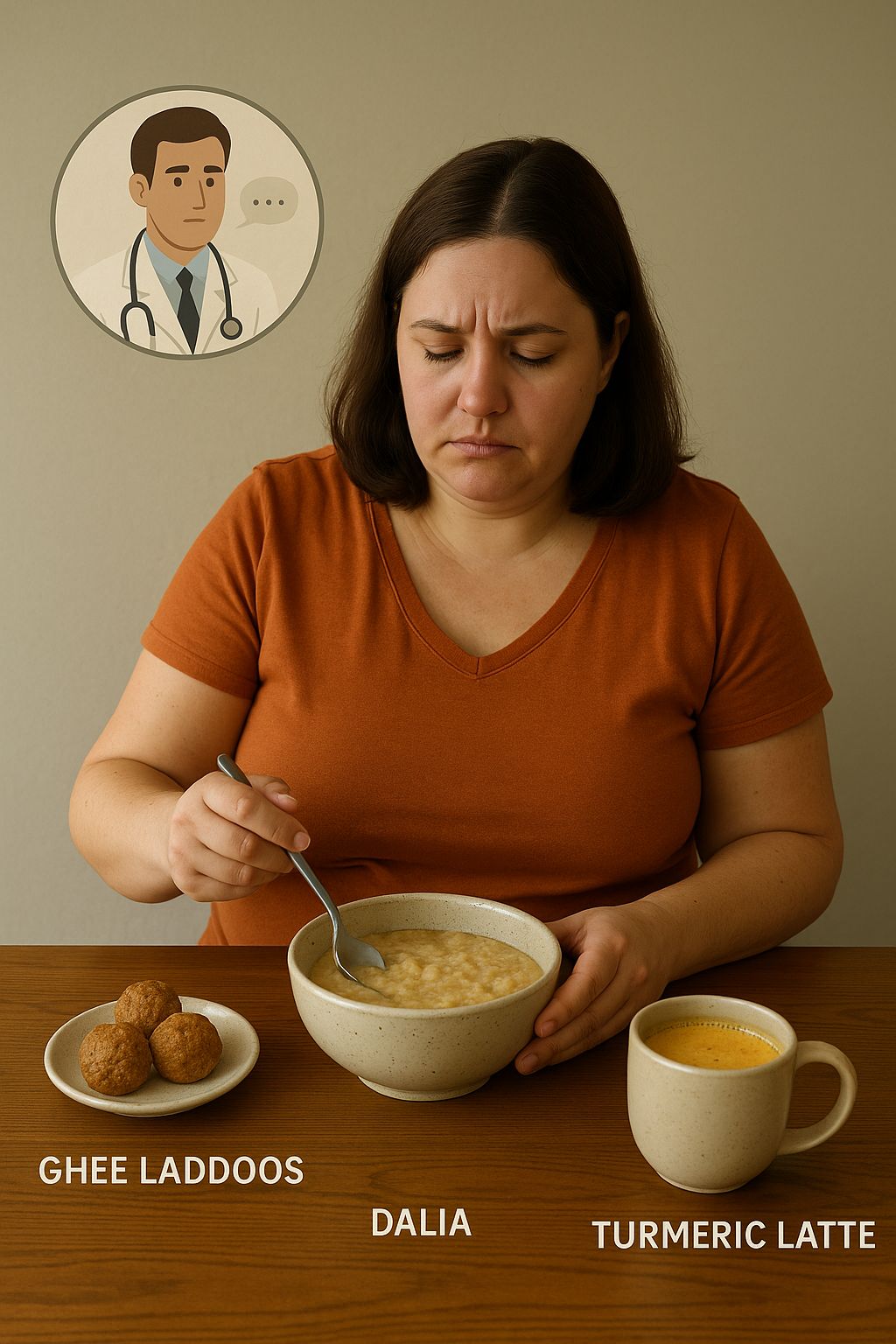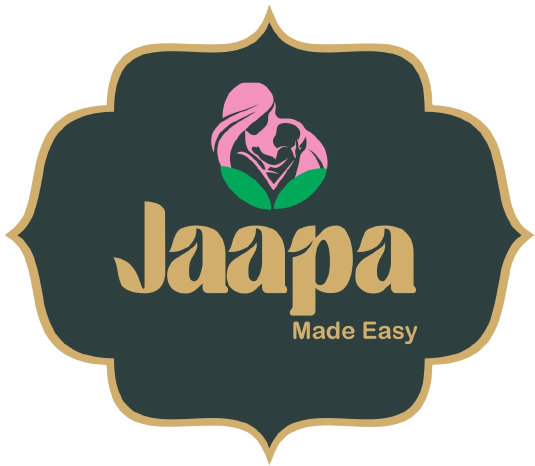Modern medicine excels at birth—but often goes silent afterward. Most OB-GYNs will monitor your stitches, check your uterus, and then—discharge you. What follows? Often, silence.In the vacuum of advice, mothers turn to Google, formulaic supplements, or skip recovery altogether. But in Ayurveda, the 45 days after childbirth are considered more sacred than pregnancy itself. This is a time when the mother’s Agni (digestive fire) is vulnerable, her Vata is imbalanced, and her ti...
Read More
Modern medicine excels at birth—but often goes silent afterward. Most OB-GYNs will monitor your stitches, check your uterus, and then—discharge you. What follows? Often, silence.
In the vacuum of advice, mothers turn to Google, formulaic supplements, or skip recovery altogether. But in Ayurveda, the 45 days after childbirth are considered more sacred than pregnancy itself. This is a time when the mother’s Agni (digestive fire) is vulnerable, her Vata is imbalanced, and her tissues are weak and open.
Food is not casual in this period. It is therapeutic.
Warm, spiced, Vata-pacifying meals restore strength. Ghee laddoos repair tissue. Turmeric latte purifies blood. Dalia builds milk. Makhana calms anxiety. But these are rarely mentioned in discharge instructions.
Doctors don’t mean harm—they’re trained in biomedicine, not Ayurveda. But this blog calls for a bridge between both worlds. It urges mothers to listen not just to prescriptions, but to their grandmothers’ kitchens. And it reminds doctors that healing doesn’t stop at sutures. It begins at the table.
Read Less

